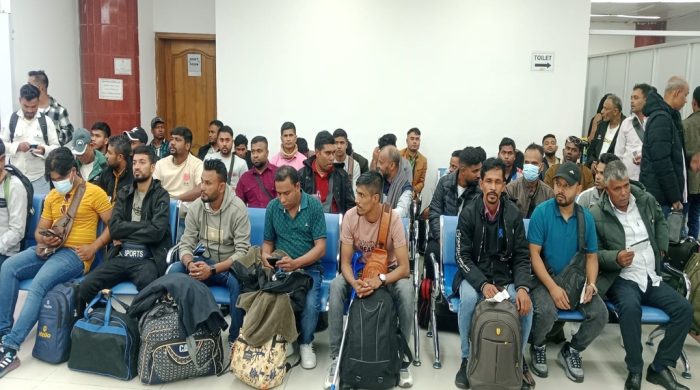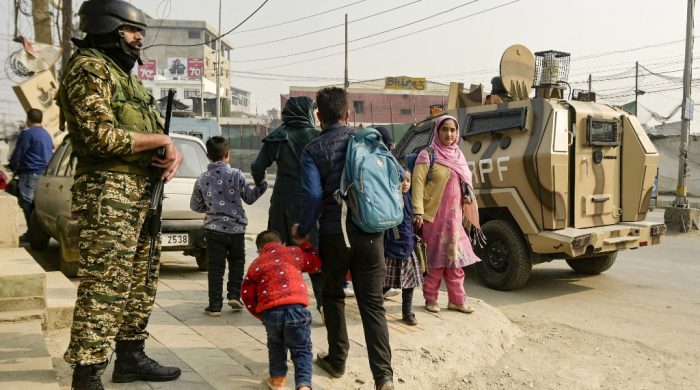Workers in private sector left behind yet again

- Update Time : Saturday, January 15, 2022
- 157 Time View

THE finding of a study that less than 1 per cent of workers of the transport, retail and hotels and restaurants sectors received government assistance during the Covid crisis questions the effectiveness of the assistance efforts. The Bangladesh Institute of Labour Studies study, made public on January 13, says that 87 per cent of the workers of the three sectors lost job in April 5–August 10, 2021, when the government ordered countrywide restrictions to contain the spread of the Covid infection. The study shows that 95 per cent of transport workers, 83 per cent of hotel and restaurant workers and 82 per cent of retail workers lost jobs, with 93 per cent of the total workers having managed to get re-employed afterwards. The workers back on job, however, experienced an income erosion as their average income declined by 81 per cent and the average deficit between the income and the expenditure rose to 77 per cent. The deficit was 97 per cent for transport sector workers, who were hit the hardest.
Apart from the financial consequences, such a situation will also have multifarious repercussions for society. Because of the loss of income, 20 per cent of the workers sold assets, reduced food intake and were forced to send their children to work while 80 per cent borrowed money and used up all savings. The situation is highly likely to have pushed many of the workers into poverty, deepening income inequality. Limiting food intake for a prolonged period may also result in severe malnutrition. The workers being forced to send children to work for additional income may result in an increased drop-out from schooling that will negatively impact the national education. All such consequences may not be visible now, but they will ultimately have far-reaching effects on the people and on society. The stimulus packages that the government has announced since Covid-19 broke out in March 2020 for industries and other sectors appear not to have taken the plight of such workers in the private sector into consideration. It, rather, appears that such workers fall through the cracks every time because they belong to poor sections of society.
The study recommends the formation of effective institutional capacity to help workers of the three sectors during the protracted Covid crisis. It recommends that the workers should be given identity cards with professional details and provided with insurance policies to have them covered by the social safety net. The government must, therefore, heed the recommendations and act immediately to alleviate the sufferings of the workers.


























